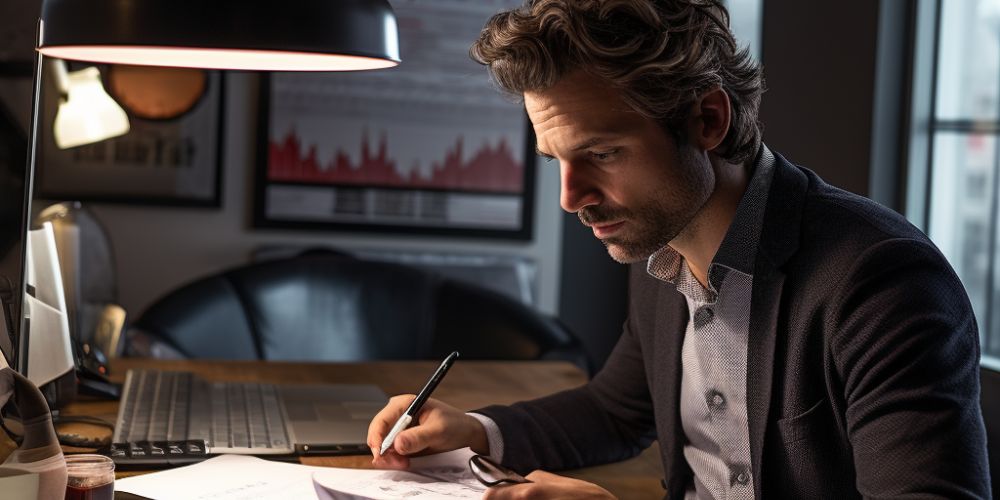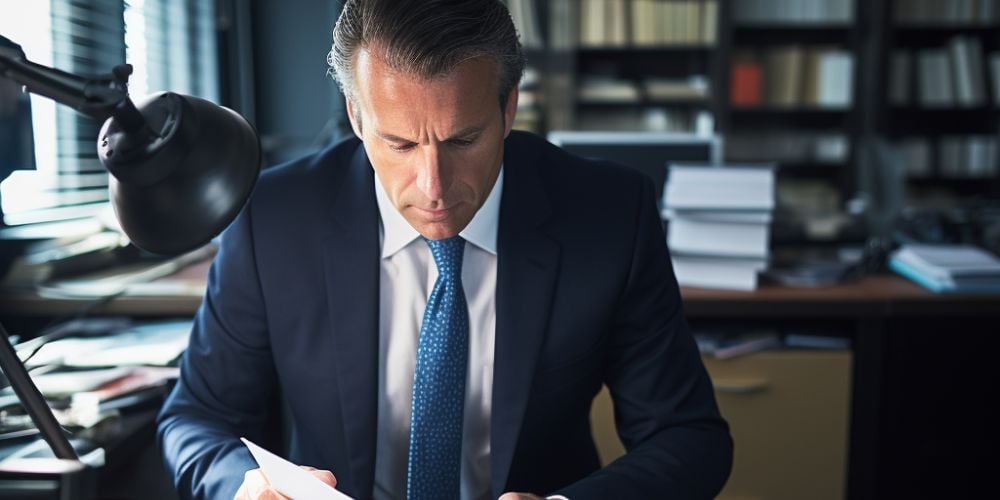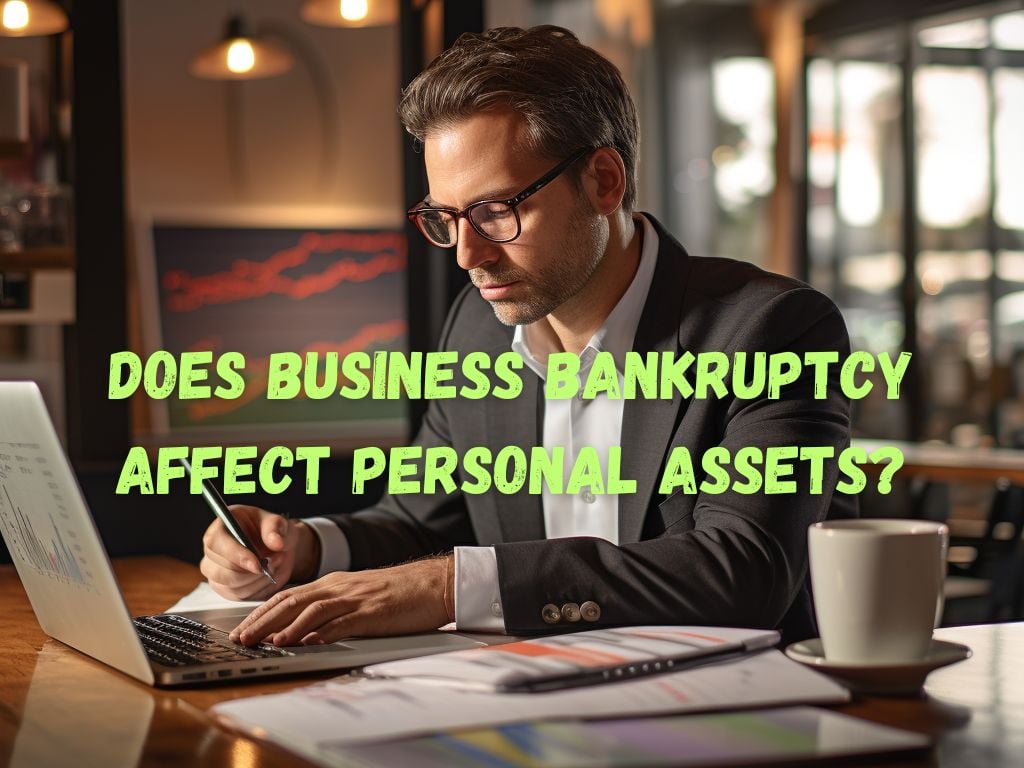Business bankruptcy is a complex legal process that can have significant consequences for both business owners and their personal finances.
But, does business bankruptcy affect personal assets as well?
In this article, we will explore the relationship between business bankruptcy and personal assets, understanding the types of bankruptcy, the separation of business and personal assets, personal liability in business bankruptcy, strategies to protect personal assets, and frequently asked questions on the topic.
Understanding Business Bankruptcy
Business bankruptcy can take different forms, with the most common types being Chapter 7 and Chapter 11 bankruptcy.
Chapter 7 bankruptcy involves the liquidation of a business, while Chapter 11 bankruptcy allows for reorganization and continued operation of the business under court protection.
Both types of bankruptcy are aimed at addressing the financial difficulties faced by businesses.
When a business files for bankruptcy, it initiates a legal process that can have an impact on the business owner’s personal assets.
The bankruptcy court appoints a trustee or a liquidator to oversee the proceedings, and the business assets are either liquidated to satisfy creditors’ claims or reorganized to allow the business to continue.

Separation of Business and Personal Assets
Maintaining a clear separation between business and personal assets is crucial for protecting personal assets in the event of business bankruptcy.
Here, we will delve deeper into this topic, exploring subheadings such as the importance of legal entity distinction, maintaining accurate accounting records, separate bank accounts, and the significance of business and personal transactions separation.
Legal Entity Distinction:
One of the fundamental aspects of safeguarding personal assets is establishing the appropriate legal entity for your business.
Sole proprietorships and partnerships offer little to no liability protection, as they do not create a separate legal entity from their owners.
On the other hand, forming a corporation or limited liability company (LLC) establishes a distinct legal entity that can shield your personal assets from business debts.
It is crucial to understand the legal requirements and procedures for establishing a separate legal entity to ensure the protection of personal assets.
Accurate Accounting Records:
Maintaining accurate accounting records is crucial for separating business and personal finances effectively. This includes keeping meticulous records of income, expenses, invoices, receipts, and any financial transactions related to the business.
By diligently recording financial activities, business owners can demonstrate the separation of business and personal assets, reinforcing the legal distinction between the two.
Separate Bank Accounts:
A vital step in maintaining the separation of business and personal assets is keeping separate bank accounts for each.
Mixing personal and business funds in a single account can potentially lead to the “piercing of the corporate veil” in the event of business bankruptcy.
Opening a business bank account allows for clear separation of funds and promotes a transparent financial footing, preserving the limited liability protection associated with a separate legal entity.
Separation of Business and Personal Transactions:
A key aspect of maintaining separation is ensuring that business and personal transactions remain distinct.
This involves conducting business activities such as invoicing, purchasing inventory, and paying business expenses through the business account, while personal expenses and payments are handled through personal accounts.
By clearly distinguishing between the two, business owners minimize the risk of commingling funds, strengthening the argument for the separation of assets in the event of bankruptcy.
Facts and Important Points:
Proper legal separation helps protect personal assets from liability arising from business debts and bankruptcy.
Failure to maintain separation can lead to the “piercing of the corporate veil,” exposing personal assets to potential creditor claims.
Transferring personal assets to a business entity without maintaining legal separation can result in the loss of personal asset protection.
Regularly reviewing and updating legal and financial strategies is crucial to adapt to changing circumstances and mitigate risks effectively.
Maintaining a clear separation between business and personal assets is a cornerstone of protecting personal finances during business bankruptcy.
Establishing the appropriate legal entity, maintaining accurate accounting records, keeping separate bank accounts, and ensuring the distinction between business and personal transactions are key strategies to protect personal assets.
By diligently following these practices, business owners can maximize their chances of preserving personal wealth in the face of financial challenges.

Does Business Bankruptcy Affect Personal Assets? The Personal Liability Explained
While limited liability protection is an important safeguard, business owners may still face personal liability in certain situations. Personal guarantees and loans are common examples of personal liability in business bankruptcy.
If a business owner has personally guaranteed a business loan or debt, they can be held personally liable for the debt in the event of business bankruptcy.
Another situation where personal liability may arise is when the court “pierces the corporate veil.” This occurs when the court determines that the business entity was not properly maintained as a separate legal entity and decides to hold the business owners personally responsible for the business’s debts.
Factors such as commingling of funds, inadequate capitalization, or using the business entity for personal purposes can lead to the piercing of the corporate veil.
Protection Strategies for Personal Assets
While no strategy can guarantee complete protection of personal assets in the event of business bankruptcy, there are several techniques that can help minimize personal liability and safeguard personal assets.
Insurance coverage: Adequate liability insurance for the business can offer protection in case of bankruptcy. Consult with an insurance professional to ensure proper coverage.
Trusts and estate planning: Establishing a trust or engaging in comprehensive estate planning can help protect personal assets from potential bankruptcy proceedings.
Homestead exemption: Depending on the jurisdiction, a homestead exemption can provide protection for a primary residence against creditor claims, including those arising from business bankruptcy.
Retirement accounts: Retirement accounts are often protected from creditor claims in bankruptcy proceedings. Maximizing contributions to retirement accounts can help safeguard personal assets.
Frequently Asked Questions
Q: What happens to personal guarantees in business bankruptcy?
A: Personal guarantees remain enforceable in business bankruptcy, and creditors can pursue the personal assets of the guarantor to satisfy business debts.
Q: What steps can be taken to minimize personal liability in a business bankruptcy?
A: Proper maintenance of the business entity, avoiding personal guarantees, and keeping business and personal transactions separate can help minimize personal liability.
Q: Are there any exceptions to limited liability protection?
A: Limited liability protection can be waived under certain circumstances, such as in cases of fraudulent activities, personal misconduct, or improper maintenance of the business entity.
Q: Can personal assets be protected by transferring them to a spouse or family member?
A: Transferring assets to avoid creditor claims can be viewed as fraudulent conveyance and may be challenged in court. Seek legal advice before considering any asset transfer.

Conclusion
Understanding the relationship between business bankruptcy and personal assets is crucial for business owners.
Maintaining a clear separation between personal and business finances, being cautious with personal guarantees, and exploring protection strategies can help to minimize personal liability and safeguard personal assets.
It is essential to consult with legal and financial professionals to navigate the complexities of business bankruptcy and protect personal financial well-being.


 Tags:
Tags:










